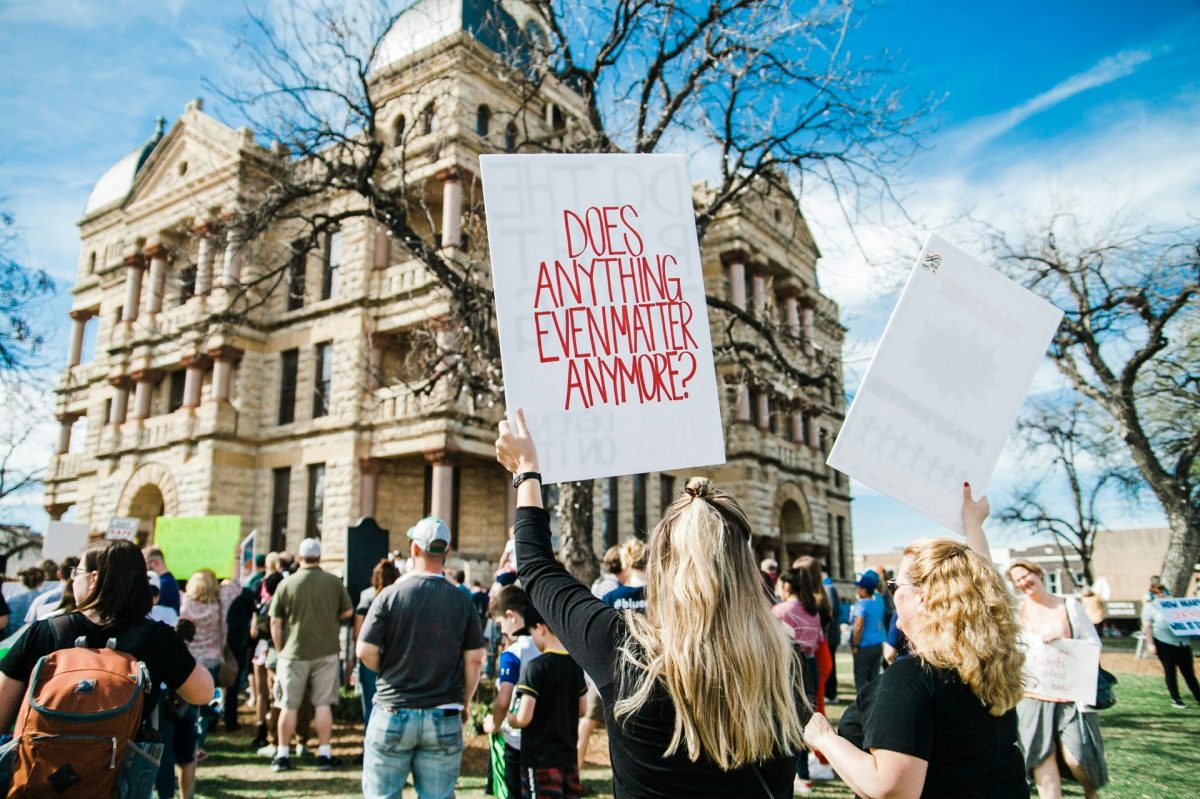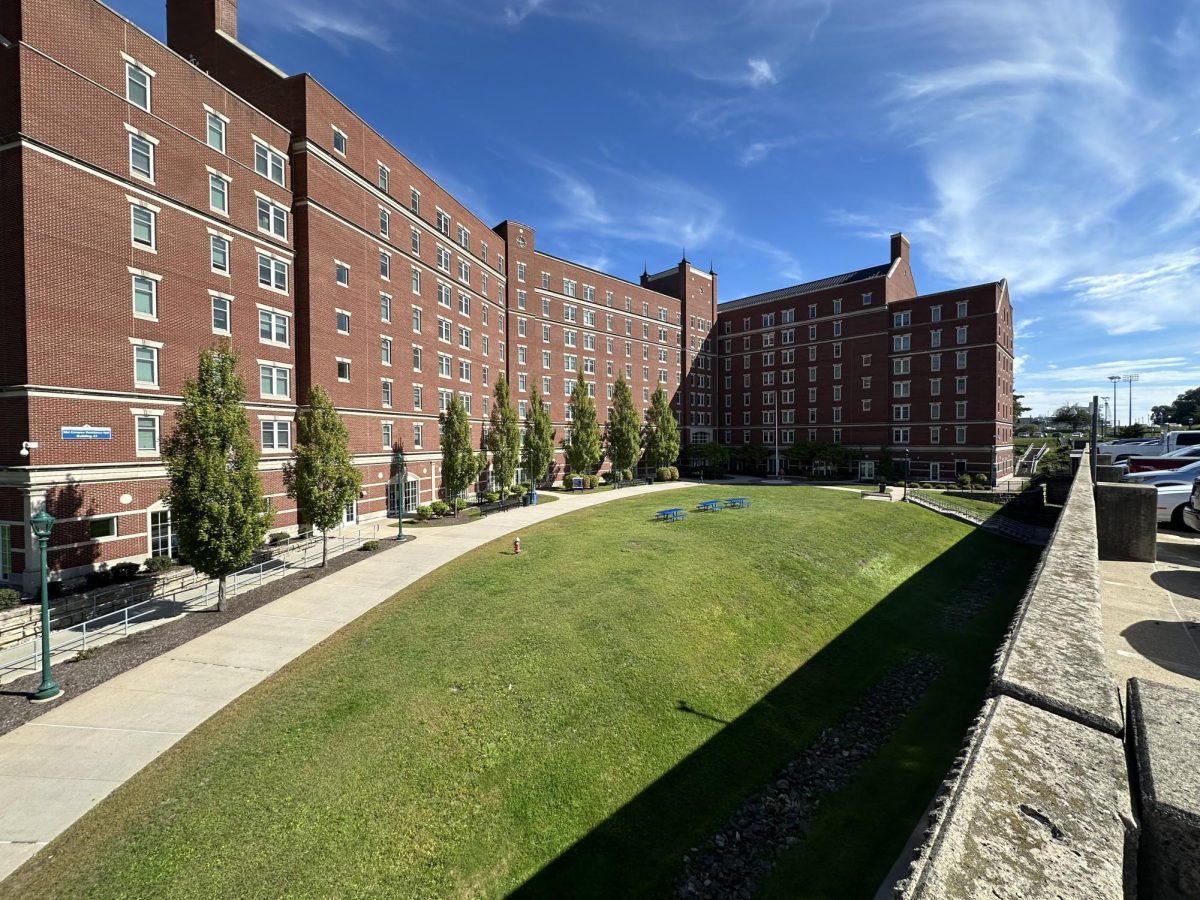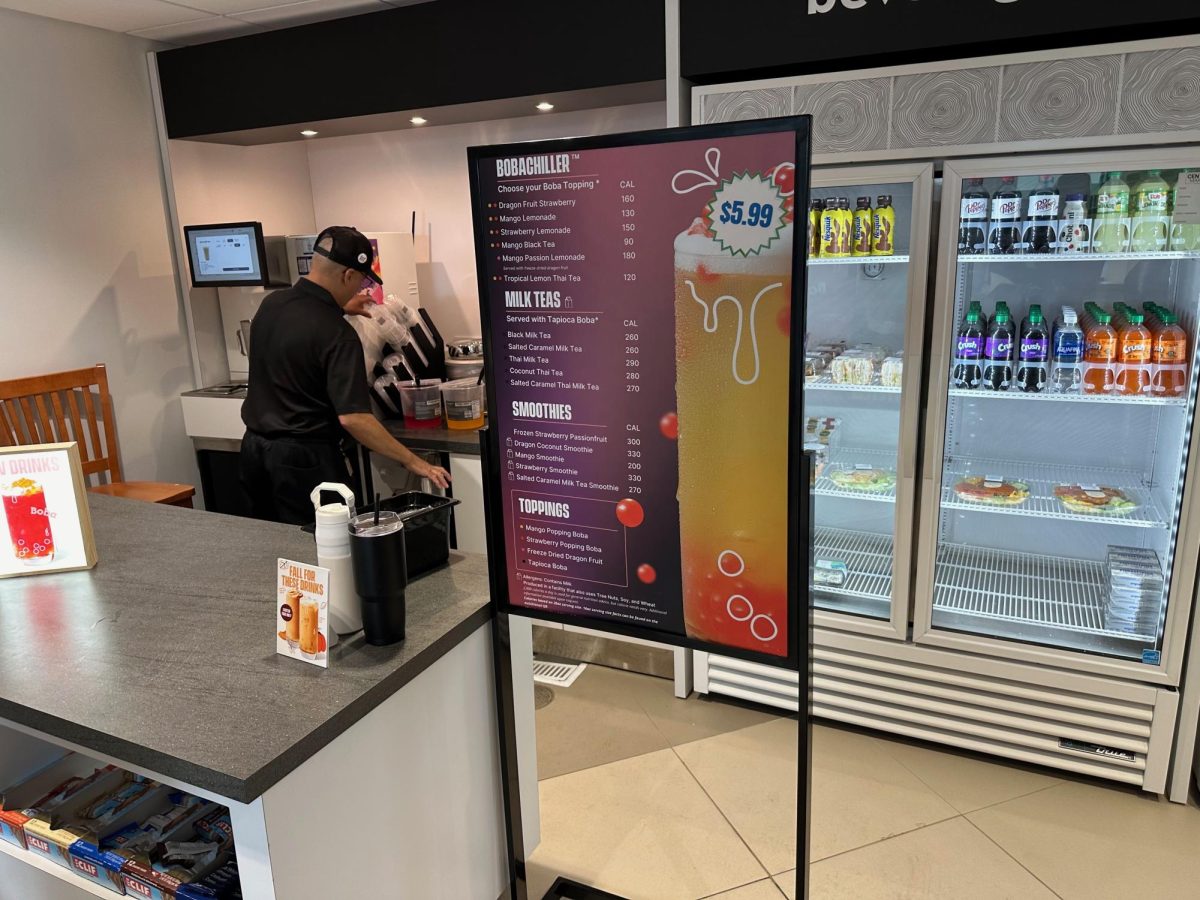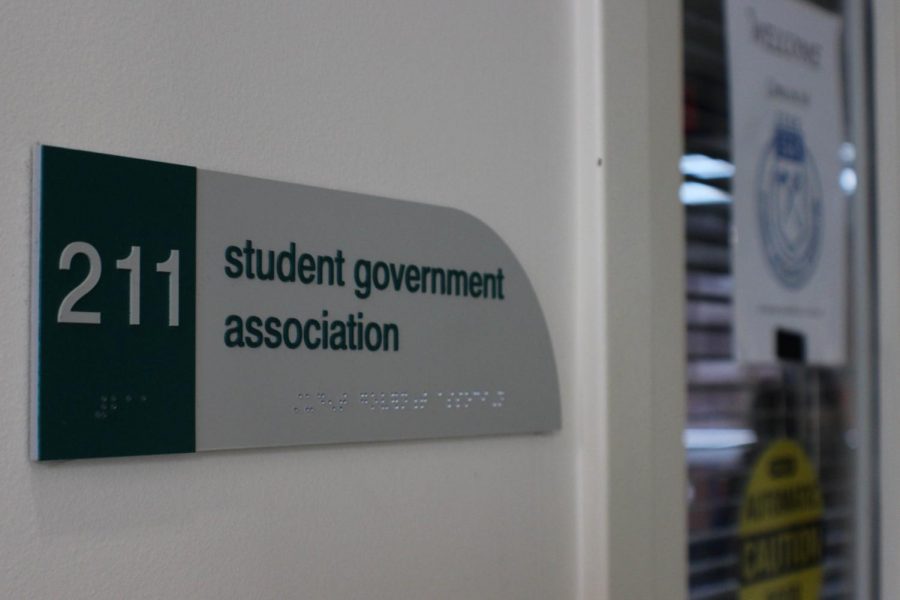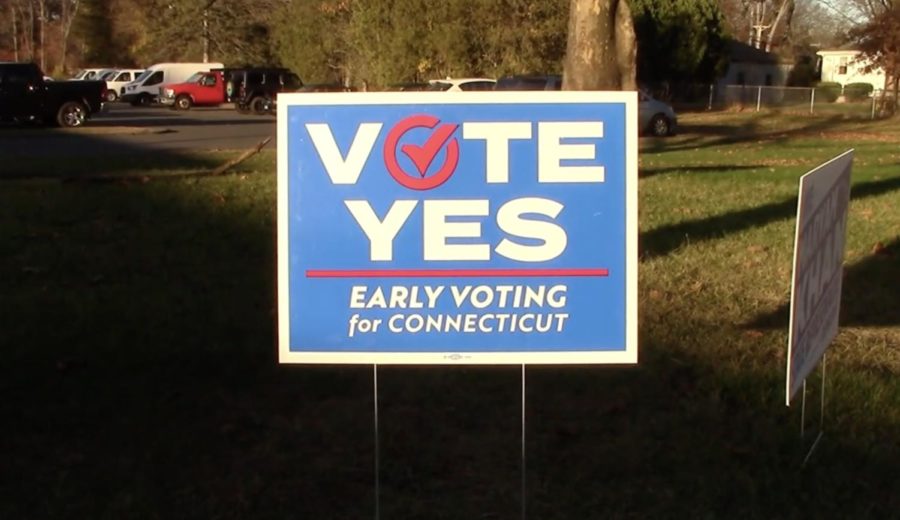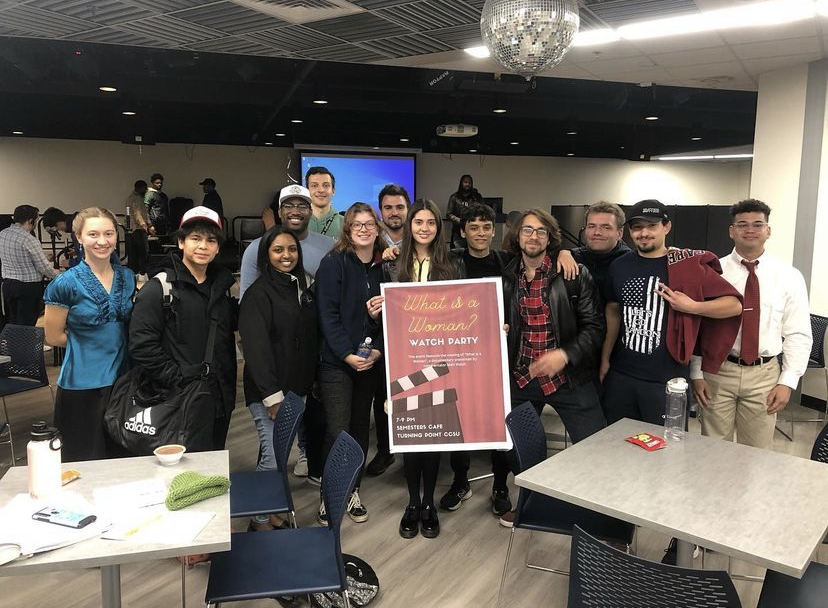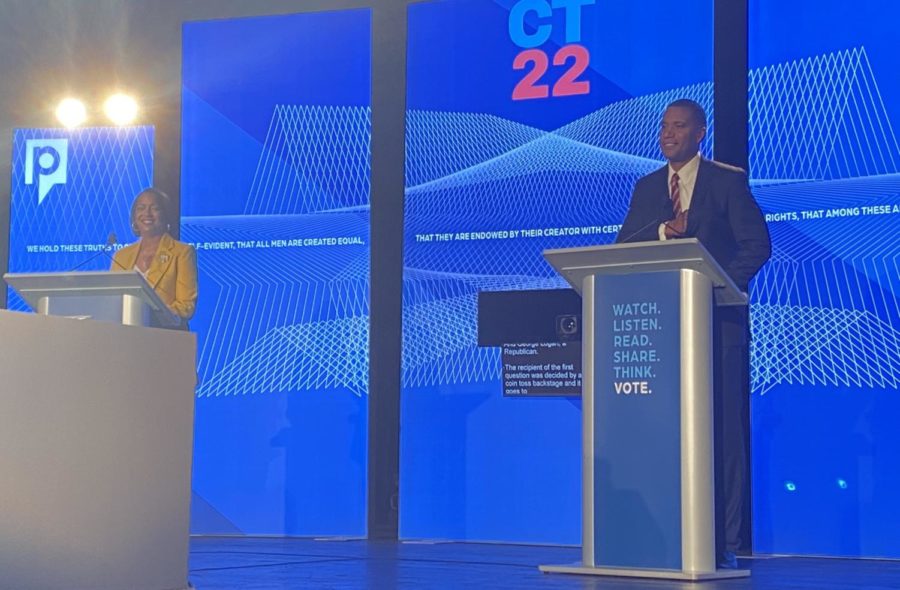Despite opening the polls two weeks early for the presidential primary, Connecticut saw 18.03% fewer voters than the 2020 primary, according to data from the Secretary of the State’s website and the Associated Press.
Just over 17,000 voters took advantage of Connecticut’s new policy that allowed early voting, Secretary of the State Stephanie Thomas said in a press conference on April 2. She said the low turnout in the two weeks before election day wasn’t unexpected because “this isn’t a competitive primary.”
President Joe Biden kept the Democratic nomination, while Donald J. Trump won the Republican vote.
When it comes to the presidential election in November, some students are still unsure about who will get their vote. Annika Brown, a sophomore at Central Connecticut State University, said that she still doesn’t know if she will vote or not.
“I’m a very big, like, supporter of you need to exercise that right,” she said. “But I don’t know. Like, I have no clue who I would vote for.”
Students at CCSU have mixed views on the upcoming 2024 election, but the issues they care about reflect what society at large is talking about.
Brown said she registered as an Independent because her views fall somewhere in the middle.
“I have some, like, more liberal views. And then, like, also some more conservative views,” she said. “But I just wanted to register as an independent because I don’t feel like I’m more one than the other.”
Connor Cavanaugh, a Republican and CCSU senior, said that the economy and immigration are among the bigger issues that concern young people.
“A lot of my right-leaning friends are very big about the border crisis,” Cavanaugh said. “They see a kind of, like, I don’t know how to describe it. They think that we gotta close our border and kind of fix that issue a little bit more than what’s happening right now.”
As thousands of migrants cross into the United States through the southern border every day, Brown has found that her friends’ views on the issue are unpredictable.
“Yesterday, I had a conversation with my friend about illegal immigrants,” she said. “And he, like, believes that they should all be, like, brought back to their country and things like that, which is funny because, like, he is gay. And you would think that like, for, like, a gay man, he would have different kinds of views. And I used to think that way, but now I disagree.”
Inflation and the stability of the economy are also at the forefront of the minds of young voters. Cavanaugh said that his friends, who are also students, have trouble making ends meet.
“Inflation is definitely a big deal for them because of gas prices, you know,” he said. “They all just have summer jobs and then little jobs throughout the year. And then they go to school, so they’re not making enough money to get gas. So, it’s been pretty hefty on their wallet. Some of them pay for their car insurance and motor vehicle expenses, so it’s a lot of money.”
As the cost of living in Connecticut continues to rise, housing is no exception. According to Redfin, the cost of the average home has increased 13.2% over last year.
“I’m going to live with my parents for as long as possible,” Brown said. “And I was talking with my mom about it, about how, like, the smartest thing to do is just, like, save up ‘til you can buy a house, like, don’t even live in an apartment, just save up.”
Despite similar attitudes on important issues, Cavanaugh said there are fundamental differences between the two major parties in the United States.
“I would say Republicans lean more towards fiscal responsibility, limited government involved in individual freedom and accountability,” he said. “Where I would say the Democratic Party is more focused on more liberalism values, I guess. More, I guess, social welfare programs. They’re very pro-leveling the playing field for everyone. They believe in more government involvement, so more programs, and more money for the programs.”
Women’s right to abortion is also a complicated topic for some voters. Brown said that while she believes in women’s rights to abortion, there should be a cut-off except for medical emergencies where the mother’s life is at risk.
When it comes to gun control, Brown said that she believes owning guns is not the root of the problem.
“It’s way less about the guns, and it’s more about, I think, mental health,” she said. “Like you need to, like, start from the very beginning because all these people obviously have mental health issues. And that’s why they’re doing that (mass shootings).”

